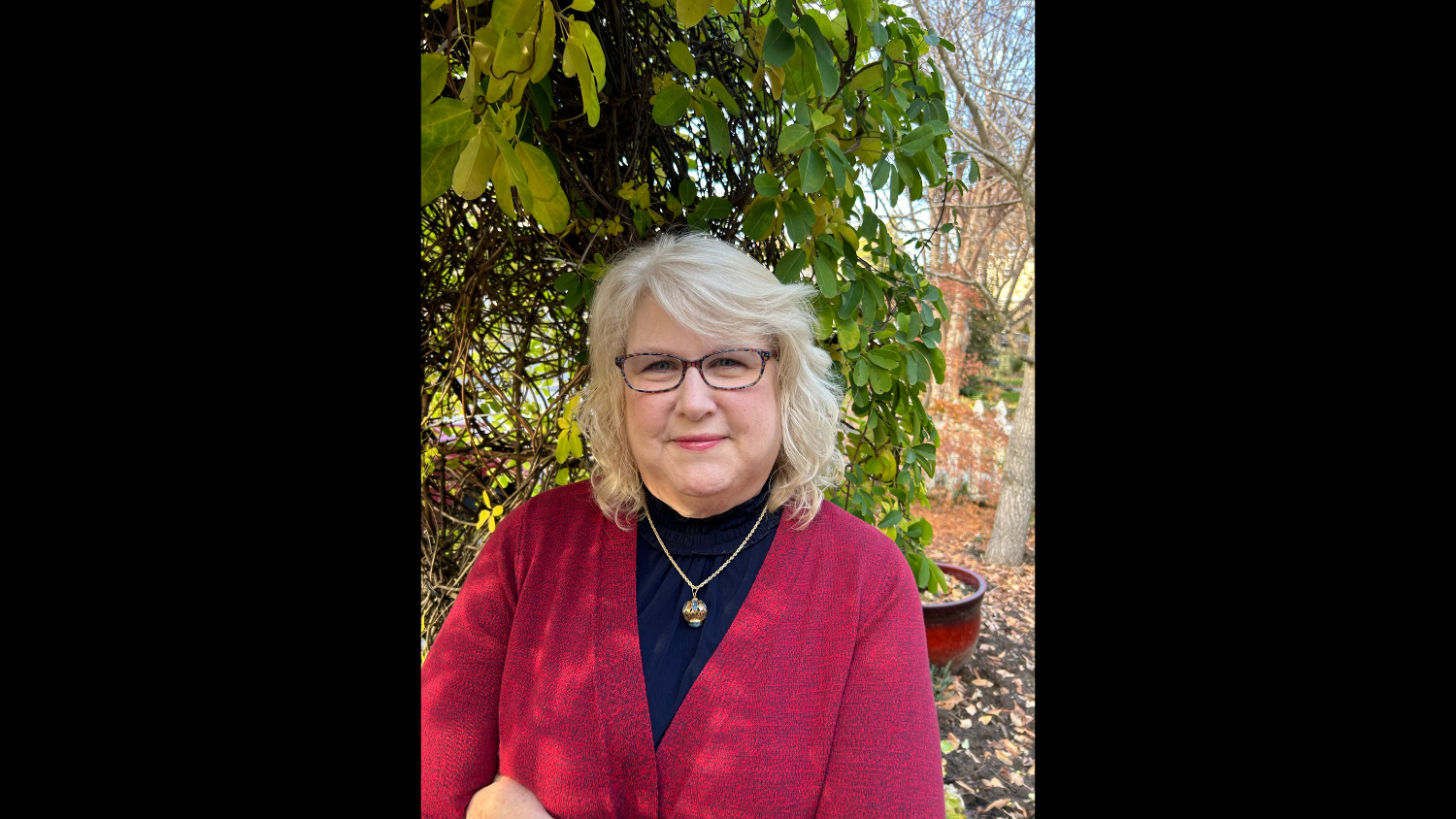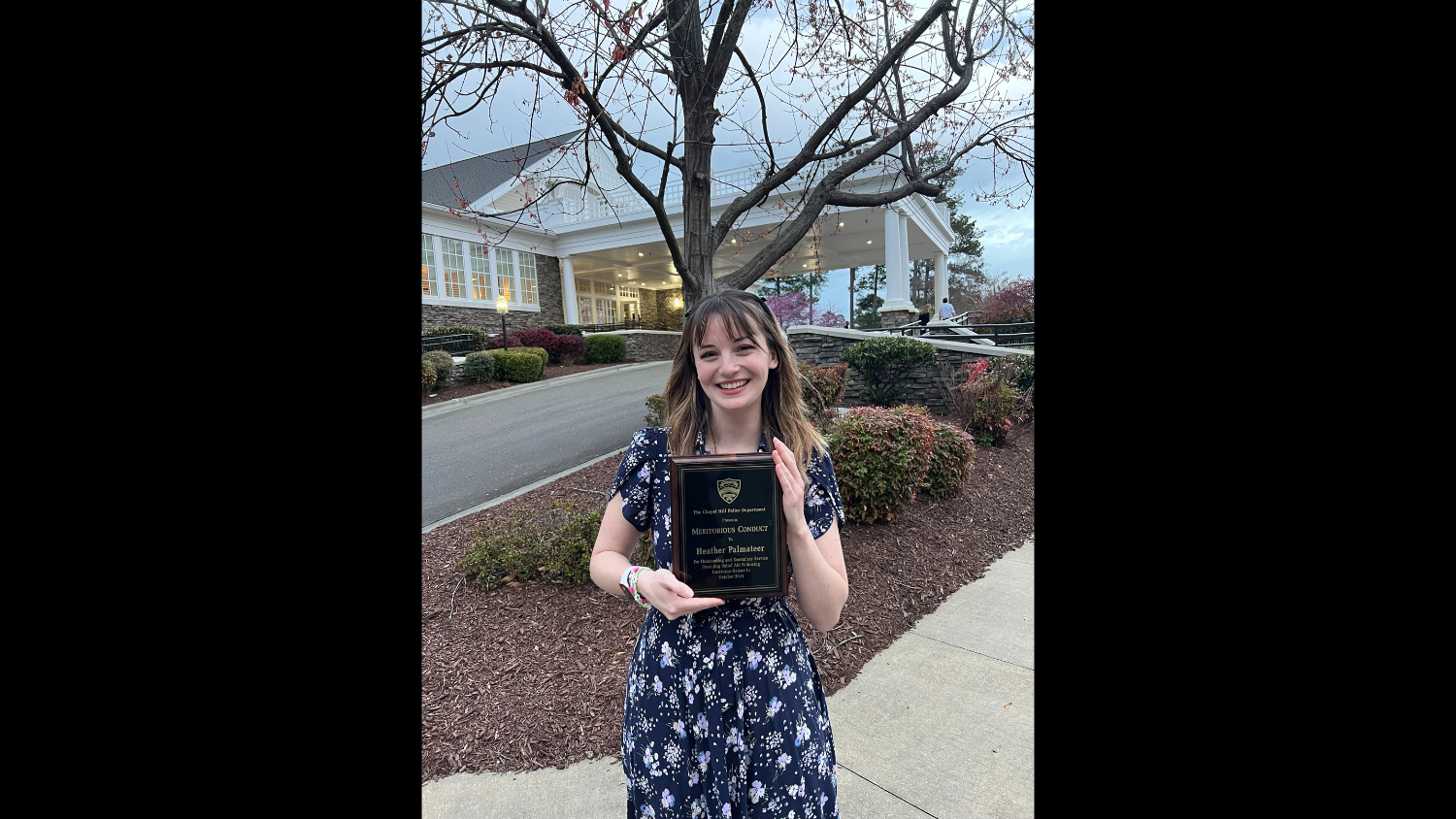Alumni Highlight: Chris Toenes
Chris Toenes, a graduate of the NC State Master of Social Work program (Class of 2013) was interviewed for our alumni highlight section. Chris is most known by students in our program as creator of a documentary called Mission Critical, an enlightening account of what happens to students who receive extreme disciplinary actions in our school systems. He was kind enough to share with us about his current role in the social work profession and his thoughts on being a social worker.
Outside of being an NC State alumnus, what other things are you involved with professionally?
I am a clinician in mental health. I work at Durham Center Access as an outpatient therapist. I am also an adult ally with the Youth Organizing Institute. I was invited to be on their board in January. I have also worked on the documentary for the School to Prison Pipeline called Mission Critical.
How did you get involved with working with youth?
My first year as a MSW student, I was very clinical. My second year, I interned for Advocates for Children Services. During that time, I started working with NC Student Power Union. We started to rally around budget cuts within education and that got me connected to advocacy and stuff I do with young people.
What do you find most challenging about working with people who suffer from substance abuse and with youth?
My job really takes a lot of my energy. However, working in advocacy and with children really gives me that energy back. Even though that work can be hard, it is so enriching.
What do you wish other people knew about working with youth and working with people who suffer from substance abuse?
What I will say about working with youth is that they sometimes get lost in translation. You have people talking about making changes but the voice of the youth gets left out very often when they are very aware of what is going on. The students know what they want and how to push for things; we do not need people there telling them what is best for them. I think that has inspired me the most. Working with folks around substance abuse, there are so many stigmas. It is so much different from working with people who have a mental health diagnosis. Many people see it as “if your problem is drugs, then just stop.” It is much more complicated than that.
Why are you supporting these groups?
I think the reason I was interested is because I had some personal connection to it. Regardless of what field of social work I work in, I think I will always come across those with substance abuse issues. As far as youth, I come from the thought of education justice. While working at ACS, I came across so many families who came across the school to prison pipeline. It was not that families did not know what to do or were not trying to make good choices.
Who has influenced your career path?
My mother really influenced me. She is a social worker too; she works in the pediatric ICU. She has always had that mindset of helping other people and putting your whole self into it. Barbara Zelter touched a light for me and started helping me fight for justice. Marcie Fisher-Borne really helped me see research outside of just collecting data. I did the documentary really close with her since it was a part of my research. Dr. Taliaferro helped me find my voice and express myself. She really helped me with my writing and my grant ability.
What is it like to be a social worker?
I think it allows me to be an advocate for others.
How would someone describe you as a social worker?
I do a little bit of everything. I do clinical work for my job and advocacy for children. I would hope they would say I am a good social worker.
What advice would you give people about becoming a social worker?
It is an honorable profession. It is also something that you have to feel if you want to do it long term. You can learn a lot about yourself in becoming a social worker.
What do you think will change about this career field over the next five years?
I think the DSM-V will change some things. I also would like to think that there would be some more value given to what social workers do.
What do you do when you are not working?
I walk my dog, I garden, and I am a DJ on WXDU. It is the Duke radio station.
If something happened to you today what would you want people to remember you by?
I actually went to a memorial service recently and the person left a quote that said, “Please let me be remembered by my kindness towards others.” That would be the most meaningful thing to me. I would want people to say that I truly care about others.
- Categories:


